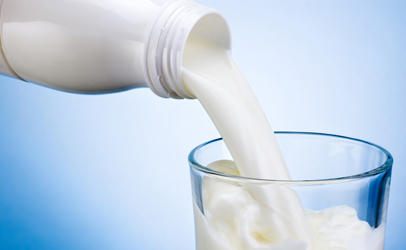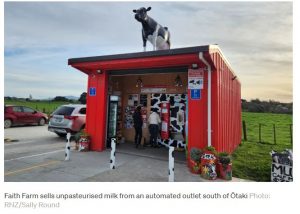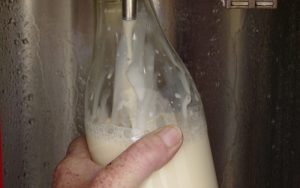
Of these, at least 70 percent involved children, ranging in age from one to 16 years and 28 were caused by Campylobacter and four by STEC.
The New Zealand Ministry for Primary Industries (MPI) said the work is not about rewriting the rules or making radical changes but is an assessment of the existing system. The agency also promised another chance to provide comments if any further work is done on the regulations.
One survey is for raw, unpasteurized milk drinkers and consumers and the other is for suppliers to help review the Raw Milk for Sale to Consumers Regulations 2015.
Requirements for the sale of raw milk to consumers came into effect in March 2016. They were aimed at managing the risks to public health while recognizing consumer demand for the product. There was a transition period for existing producers until November 2016.
Under these requirements, farmers need to register with MPI to sell raw milk, the product must be home-delivered or bought at the farm and collection points are not allowed and labels must be used to highlight the health risks.
Notices and labels on containers and at point-of-sale areas have been required since November 2016 and must also provide use-by dates, information on refrigeration, contact details of the farmer who produced the raw milk and specific warnings for consumers in high-risk groups – such as the young, pregnant, elderly and people with weakened immune systems.
MPI said the safest option is to consume only pasteurized milk or to heat raw milk to 70 degrees Celsius and hold at that temperature for one minute.
Consumers can buy any quantity of raw milk for personal and household use but it’s illegal to sell onwards as milk or as part of another product like cheese.
Farmers selling raw milk must record the customer’s name, address and phone number, along with volume and date of sale. This will enable them to contact the consumer if a batch fails safety testing.
Raw unpasteurized milk from any animal may be contaminated with illness-causing bacteria including Shiga toxin-producing E. coli (STEC), Listeria and Campylobacter.
The anonymous online surveys, which take 10 minutes, can be completed until April 30 by following this link.























